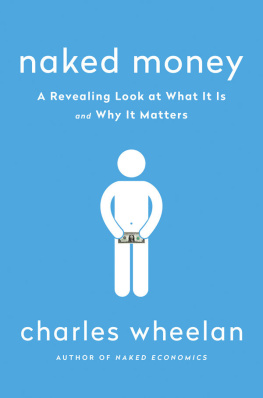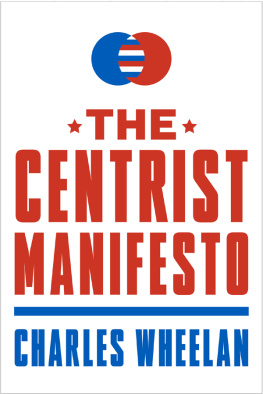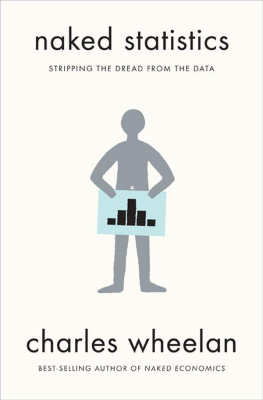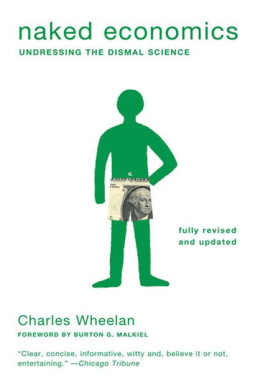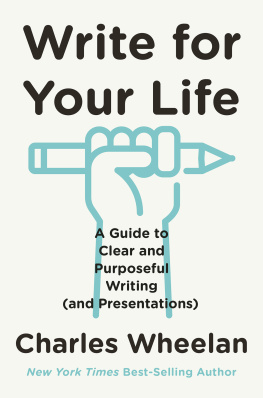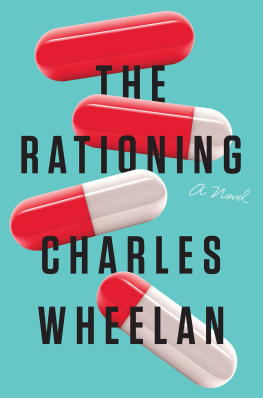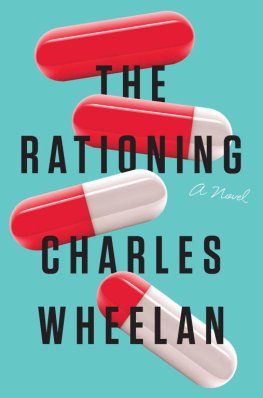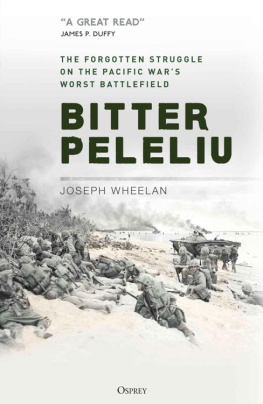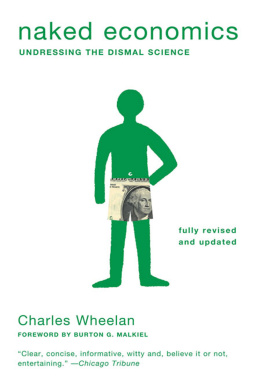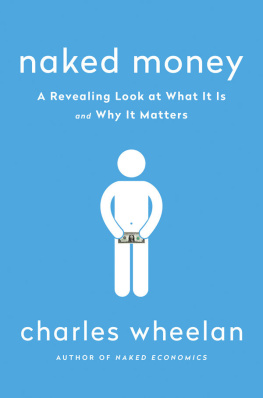Charles Wheelan - We Came, We Saw, We Left
Here you can read online Charles Wheelan - We Came, We Saw, We Left full text of the book (entire story) in english for free. Download pdf and epub, get meaning, cover and reviews about this ebook. year: 2020, publisher: W. W. Norton & Company, genre: Detective and thriller. Description of the work, (preface) as well as reviews are available. Best literature library LitArk.com created for fans of good reading and offers a wide selection of genres:
Romance novel
Science fiction
Adventure
Detective
Science
History
Home and family
Prose
Art
Politics
Computer
Non-fiction
Religion
Business
Children
Humor
Choose a favorite category and find really read worthwhile books. Enjoy immersion in the world of imagination, feel the emotions of the characters or learn something new for yourself, make an fascinating discovery.

- Book:We Came, We Saw, We Left
- Author:
- Publisher:W. W. Norton & Company
- Genre:
- Year:2020
- Rating:4 / 5
- Favourites:Add to favourites
- Your mark:
- 80
- 1
- 2
- 3
- 4
- 5
We Came, We Saw, We Left: summary, description and annotation
We offer to read an annotation, description, summary or preface (depends on what the author of the book "We Came, We Saw, We Left" wrote himself). If you haven't found the necessary information about the book — write in the comments, we will try to find it.
We Came, We Saw, We Left — read online for free the complete book (whole text) full work
Below is the text of the book, divided by pages. System saving the place of the last page read, allows you to conveniently read the book "We Came, We Saw, We Left" online for free, without having to search again every time where you left off. Put a bookmark, and you can go to the page where you finished reading at any time.
Font size:
Interval:
Bookmark:
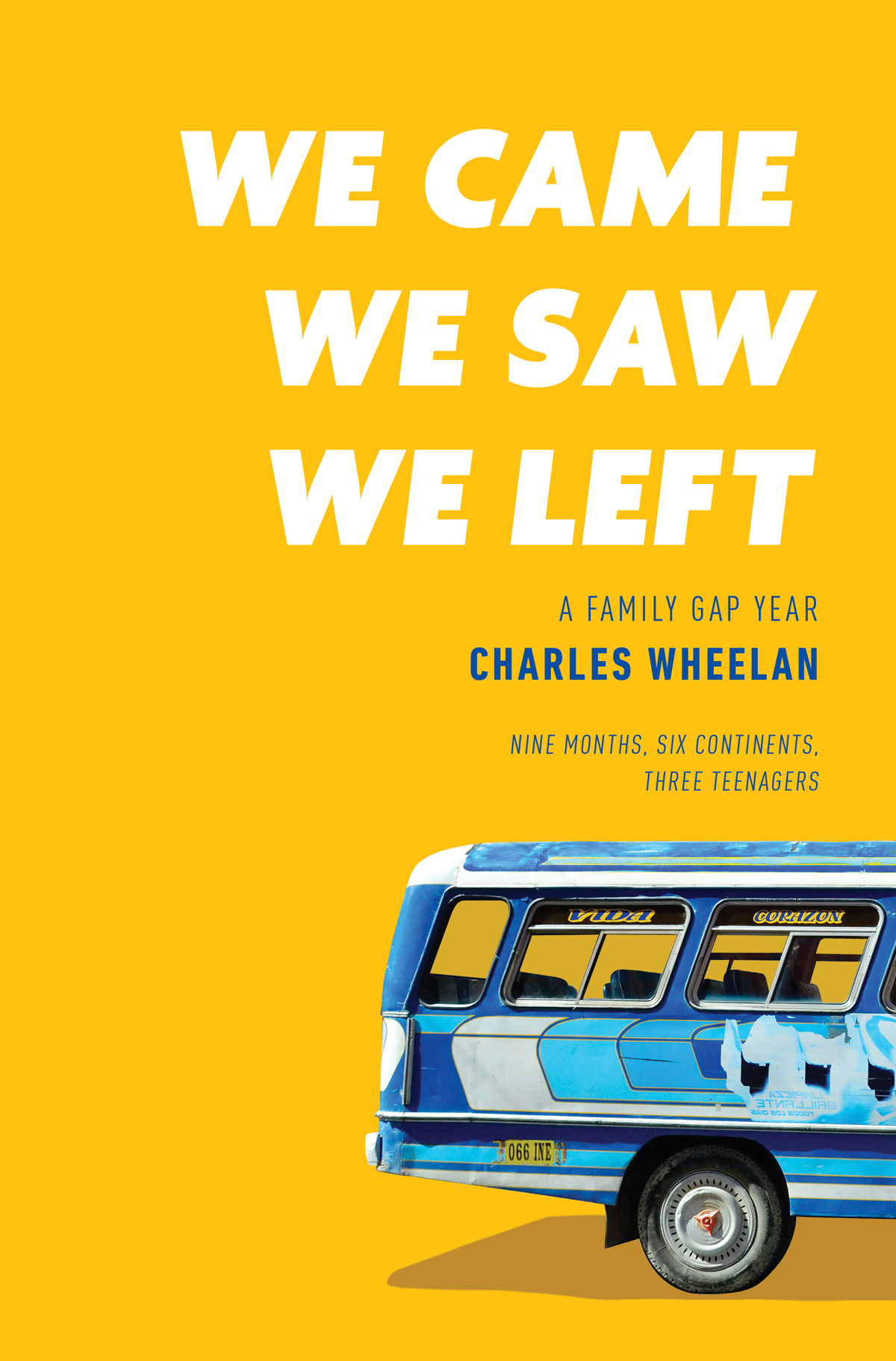
WE CAME,
WE SAW,
WE LEFT
A FAMILY GAP YEAR
Charles Wheelan

For Team Wheelan:
We did it, and it was great.
History will be kind to me, for I intend to write it.
WINSTON CHURCHILL
CONTENTS
WE CAME,
WE SAW,
WE LEFT
Could Katrina and CJ have been grabbed off a rowded metro train at rush hour? If so, how would I explain that to my mother?
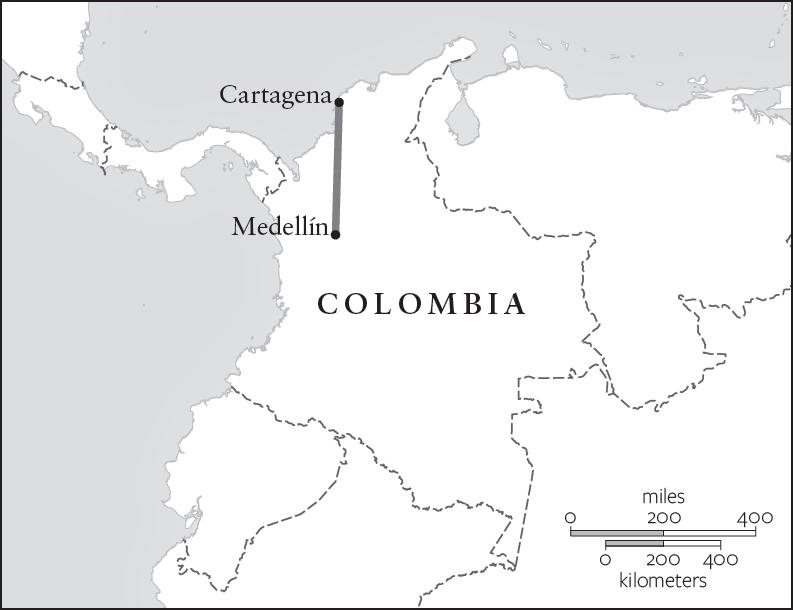
T WO OF MY CHILDREN WERE MISSING . I was standing on a train platform in Medelln, barely ten days into a trip that would, in theory, take our family around the world. It had been over an hour since Katrina, eighteen, and CJ, thirteen, had disappeared into the rush-hour mayhem. Yes, Medelln, Colombia, the former seat of Pablo Escobars drug empire, one of the most violent places on the planet in the 1980s and 90s. During that period, Colombia was a country where drug kingpins bribed compliant police officers and politicians and assassinated those who could not be bought.
It was a country where the narcos corrupted the state from within while guerrilla groups fought to overthrow the governmenta simmering civil war that was funded by extortion, drug trafficking, and kidnapping.
Where children from wealthy families were snatched off school buses, taken deep into the jungle, and sometimes held for months until their families could scrape together the huge ransom.
Where so many people were kidnapped during the height of the violence that Colombias biggest radio station developed a program explicitly designed for kidnap victims and their families. Beginning at midnight on Saturdays, the show offered Colombians an opportunity to call in and broadcast messages to kidnapped relatives.
Yes, that Medelln.
Of course, by the time I found myself on a train platform in the fall of 2016, Colombia had transformed itself. The government and the leftwing FARC rebels, the biggest guerrilla group, had negotiated a peace deal that would soon be put to a public referendum. Pablo Escobar was dead. Violent crime had plummeted. But still: Where were my children? We had been separated at rush hour when we could not all squeeze on the same train. That was now feeling like a long time ago. Why were Katrina and CJ not texting me? What could go wrong for two American kids wandering lost in Medelln?
The rational part of my brain was saying: Not much. I work with data. I wrote a book on statistics. The real dangers in life for young people, in Medelln or New Hampshire, are motor vehicles and smoking and suicide and sun exposure. Getting kidnapped in Medelln in 2016 was more like a shark attacka relatively improbable event that captures an undue amount of public attention. But I watch Shark Week. Ive read about people who were struck by lightning twice. Unlikely events are unlikelybut they are also events, which means that they happen. As an hour drifted toward ninety minutes and Katrina and CJ had not turned up or texted, the rational part of my brain was losing out to the more imaginative side. I began thinking of the lottery slogan, Someones gotta win, might as well be you, only it was being twisted into, Some people still get kidnapped, maybe it was them? I was running out of alternative explanations for why two reasonably intelligent teens had not found a place with Wi-Fi from which they could contact my wife, Leah, or me.
As I waited idly and ineffectually on a train platform, making sure not to lose my own Wi-Fi connection, various scenarios began worming their way into my mind. Could Katrina and CJ have been grabbed off a crowded metro train at rush hour?
If so, how would I explain that to my mother?

Just a few weeks earlier, the Wheelans had set out on a family gap year. In fact, we would only be traveling for nine months, but why mess with a good slogan? The first stop on our adventure was Colombia. We had plans to continue traveling for another eight and a half months. My wife, Leah, and I had recently turned fifty. This was a midlife adventure, arguably more constructive than buying a sports car or having an affair. Thirty years earlier, after we had both graduated from college, we had set out on a similar adventure, traveling around the world from the fall of 1988 through the summer of 1989. That backpacking trip, which cost us each less than a Honda Civic, was the defining experience of our young adulthood. Now, having spent two decades living in Chicago and then a handful of years in New Hampshire, we were seeking to replicate our around-the-world experience, albeit with our teenage children.
So who are we? I am a professor of public policy at Dartmouth College in Hanover, New Hampshire. Leah is also an educator; she was teaching math at a nearby high school. Katrina, our oldest daughter, was eighteen when we departed. She had graduated from high school the previous spring and had been accepted to Williams College. She deferred her admission, giving her a year during which she would be unencumbered by any formal responsibilitiesa true gap year. Katrina is arguably the most intellectual member of our family. She once remarked in middle school, I dont know why anyone bothers to memorize the quadratic formula when its so easy to derive. I nodded in bemused acknowledgment since I have no idea how to derive the quadratic formula.
For Katrinas eighteenth birthday, Leah and I did not buy her a car, or a new phone, or Taylor Swift tickets. Rather, we arranged for her to have lunch with Esther Duflo, a famous MIT economist who has since won the Nobel Prize. Esther, as Katrina referred to her around the house, is a development economist, meaning that she works on issues related to global poverty. For a high school project, Katrina had studied one of Esthers academic papers that explained how information flows through an Indian village. Katrina then improved upon the model (her words) to explain how gossip spreads through Hanover High School. I sent a random e-mail to Esther Duflo offering her a free meal in Cambridge if she would share a birthday lunch with a brainy eighteen-year-old. Esther was gracious enough to accept, and a month later Katrina and I met her at a French restaurant. Katrina and Esther talked about math, India, and development economics while I enjoyed pappardelle with asparagus and fresh peas.
The gap year adventure would give Katrina nine months to read extensively and pursue whatever interests captured her attention. We had no doubt that she would make the most of the time. For her part, Katrina was eager to explore the world, though not necessarily to spend 24/7 with the parental units. She would never use a phrase like parental units. Rather, its the kind of thing I would say, which would cause her to roll her eyes and walk away dismissively. Katrinas plan was to leave us periodically to meet up with friends in different parts of the world. Roughly ten percent of the students in her graduating class were taking a gap year; many were planning to travel internationally.
Our son and youngest, CJ, was a rising eighth-grader. CJ had embraced the international trip enthusiastically, provided that he could still enter high school with his classmates. To make that happen, we would have to teach CJ the essentials of eighth grade during our travels: geometry, science, American history, and English, including one substantial research paper. The state of New Hampshire (Live Free or Die) is relatively permissive with regard to homeschooling. We would have to work with CJ regularly on the road, but it was not going to require a Herculean effort to get him promoted to high school.
Font size:
Interval:
Bookmark:
Similar books «We Came, We Saw, We Left»
Look at similar books to We Came, We Saw, We Left. We have selected literature similar in name and meaning in the hope of providing readers with more options to find new, interesting, not yet read works.
Discussion, reviews of the book We Came, We Saw, We Left and just readers' own opinions. Leave your comments, write what you think about the work, its meaning or the main characters. Specify what exactly you liked and what you didn't like, and why you think so.

